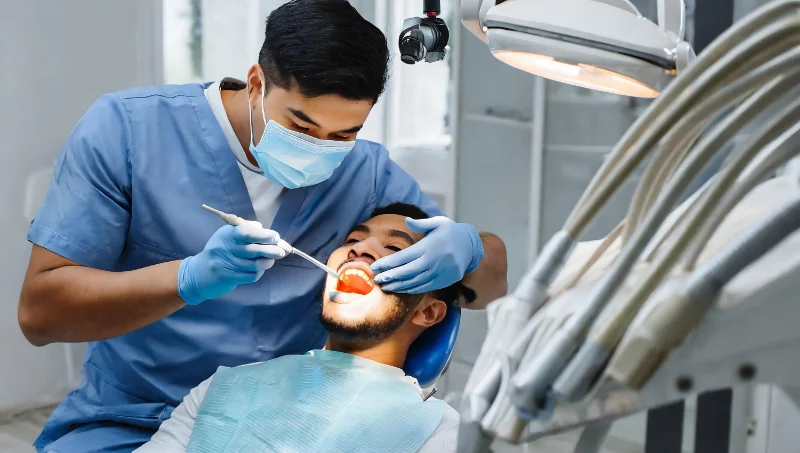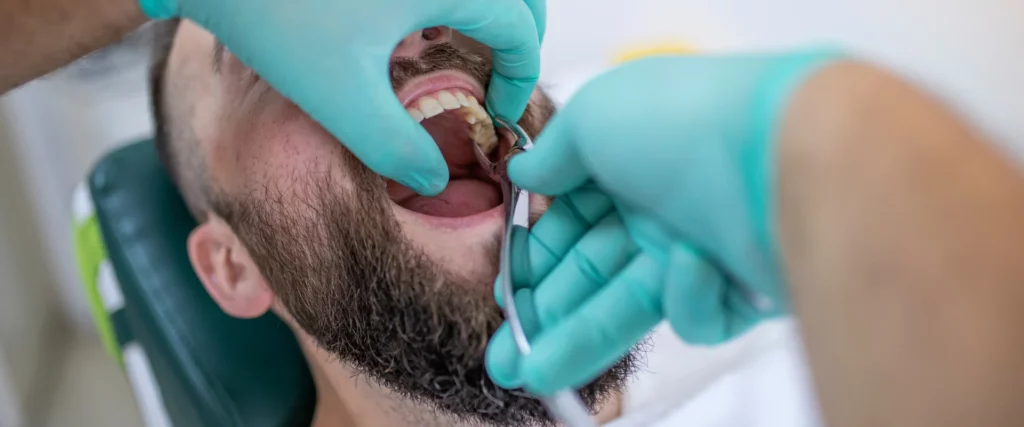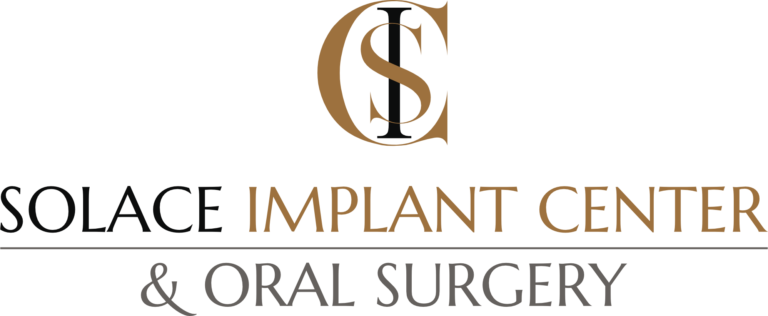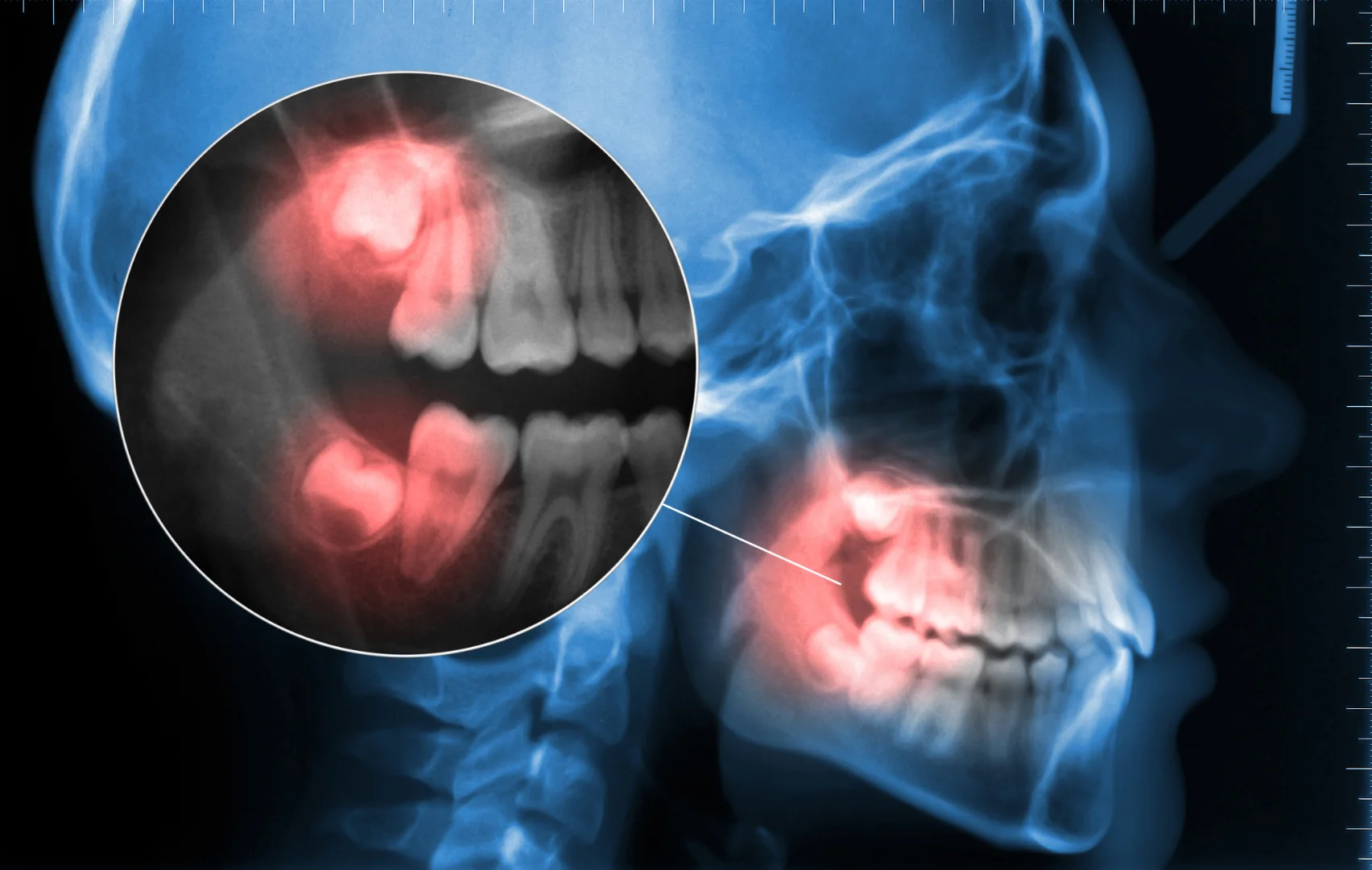Patients have many options in dental providers, and the decision of which type of dental professional is best for your current needs can be tricky. Understanding the differences between general dentists and oral surgeons can help you make an informed choice for dental care. Depending on your needs or the needs of your family, you may need to see both a dentist and an oral surgeon.
General Dentist
Patients have many options in dental providers, and the decision of which type of dental professional is best for your current needs can be tricky. Understanding the differences between general dentists and oral surgeons can help you make an informed choice for dental care. A family dentist often serves as the first point of contact for dental concerns and can refer patients to an oral surgeon when specialized care is needed. Depending on your needs or the needs of your family, you may need to see both a dentist and an oral surgeon.
Introduction to Dental Care

Dental care is a vital part of maintaining your overall health, and it often involves a team of professionals working together to keep your mouth, teeth, and jaw in top condition. While general dentists are your first line of defense for routine checkups and preventive care, oral surgeons—also known as oral and maxillofacial surgeons—bring specialized expertise for more complex surgeries and treatments. These highly trained professionals complete additional years of education and hands-on training after dental school, allowing them to address a wide range of oral health problems, from impacted wisdom teeth to oral cancer. If you’re dealing with persistent tooth pain, jaw discomfort, or have experienced tooth loss, it may be time to see an oral surgeon for a thorough evaluation and treatment. Understanding the roles of both general dentists and oral surgeons can help you make informed decisions about your oral health and ensure you receive the right care for your needs.
General Dentist

A dentist (DDS degree, Doctor of Dental Surgery or DMD degree, Doctor of Dental Medicine) has completed 4-5 years of higher education and can diagnose and treat conditions and diseases of the mouth, as well as perform minor surgical procedures such as simple incisions and extractions. General dentists may also provide or recommend orthodontic appliances to correct minor dental misalignments as a non-surgical treatment option. General dentists typically perform simple tooth extraction for non-impacted teeth, but more complex extractions are referred to specialists.
General Dentistry Clinical Practice
General dentists are primary care providers for dental medicine. They diagnose, manage, and treat your overall oral health, and often make recommendations for how to prevent common dental problems. General dentists are equipped to diagnose and manage a variety of oral problems, including cavities, gum disease, and minor injuries. Dentist offices provide teeth cleaning, X-rays, and a comprehensive screening for dental problems. They also provide dental fillings, veneers, bridges, crowns, and care for issues related to the gums, such as infections or inflammation. Although a general dentist may perform tooth extraction for non-impacted teeth, more complex surgeries may be outside of the scope of a general dentist’s competence.
Oral Surgeon

An oral surgeon also has a DDS or DMD degree, but must complete 4 to 8 years of additional specialized training in surgical procedures and anesthesia management, such as a surgical residency, after dental school.
Oral surgeons sometimes complete an additional medical degree. During their hospital-based training, oral surgeons often work alongside medical residents, gaining experience in a wide range of surgical cases.
Oral Surgery Clinical Practice
An oral and maxillofacial surgeon is the oral health care provider who is trained to diagnose and treat diseases, injuries, and defects involving the mouth, jaws, face, and neck, and who performs surgical procedures in and about the entire face, mouth, and jaw area. A general dentist will often refer a patient to an oral and maxillofacial surgeon when a problem is beyond the scope of the dentist’s expertise. An oral surgeon may perform dental implants, and may perform a bone graft to rebuild the jawbone before placing implants when there is insufficient bone density. They also perform simple tooth extractions, complex extractions (removal of soft tissue, bone or roots), wisdom teeth removal, and are experts in treating impacted teeth, which can cause pain, infection, or damage to other teeth if not addressed. Having wisdom teeth removed by an oral surgeon is often the best bet for preventing complications from impaction or crowding. Oral surgeons also perform soft tissue biopsies and may operate on soft tissues to address breathing issues such as sleep apnea. They are skilled in removal of oral cavity tumors, and are experienced in removing tumors and performing tumor removal as part of their role to treat oral cancer. Oral surgeons also perform complex jaw realignment surgeries, and perform procedures on the jaws, including the lower jaw, to correct misalignment, fractures, and other structural issues. They are qualified for reconstructive dental surgery and treat facial infections, which can be serious and require prompt intervention. Oral surgeons also repair fractured jaw bone or cheek, and perform cleft palate repair surgery, as well as correct cleft lips as part of their expertise in facial reconstructive procedures.
Understanding the difference between a general dentist and an oral surgeon can save you time when making the right decision for dental care. Remember to bring along an updated medical history. Explain any recent health issues, even if they seem unrelated to your mouth’s health. A healthy smile is the gateway to good health, but it is also a way to feel more confident. Call us today for questions about your smile.
Oral surgeons are also qualified to treat cancers of the mouth, head, and neck, and to treat oral cancer through surgical intervention.
Scheduling a Consultation
If you’re facing oral health problems or have been referred by your general dentist, scheduling a consultation with an oral surgeon is the first step toward specialized care. During your visit, the oral surgeon will thoroughly examine your mouth, review your medical history, and discuss the best treatment plan for your needs. This is your opportunity to ask questions, address any concerns, and learn more about the recommended procedure. Oral surgeons are committed to providing personalized care, ensuring you feel informed and comfortable every step of the way. By taking the initiative to schedule a consultation, you’re making a proactive choice for your oral health and setting the stage for a healthier, more confident smile.



